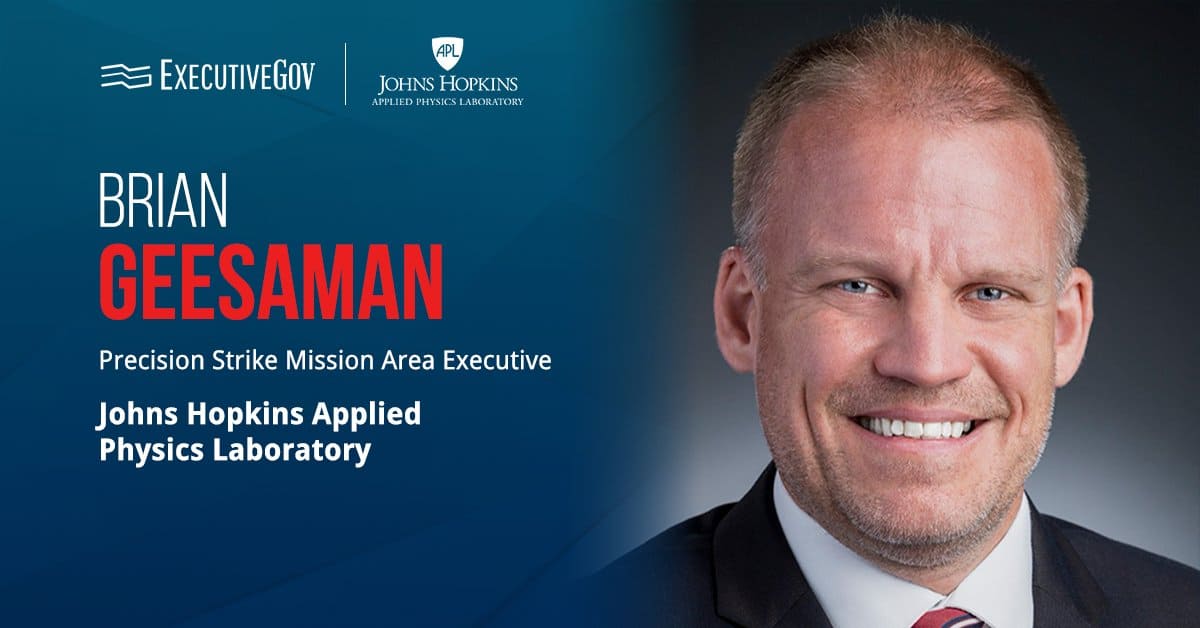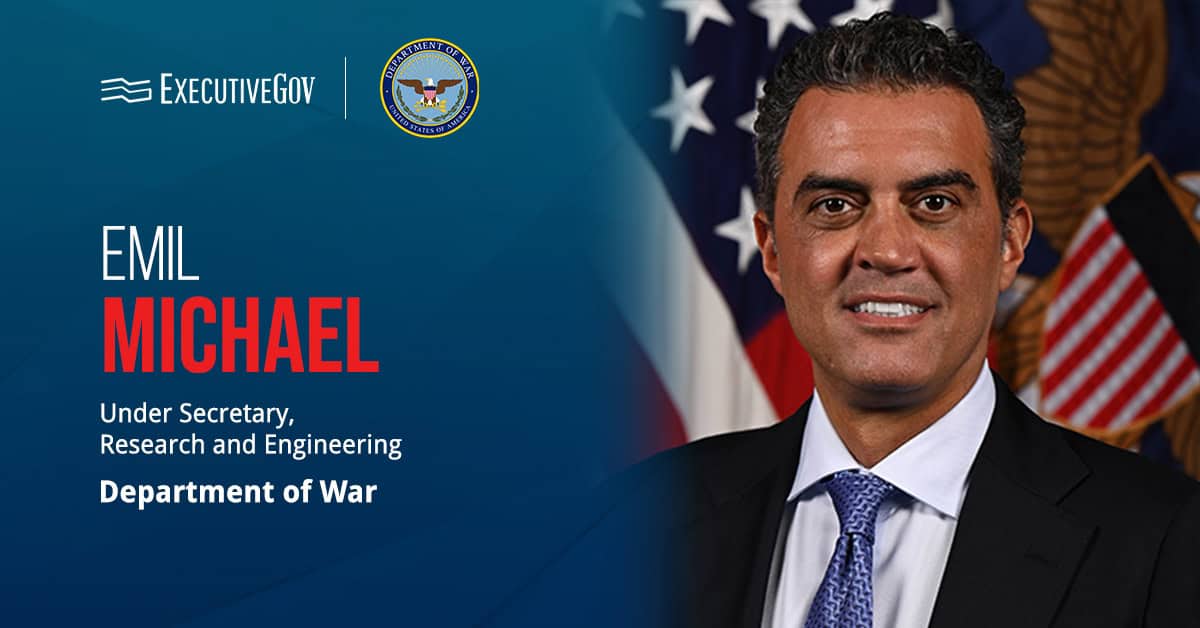The U.S. Navy’s Cybersecurity Program Office PMW 130 worked with other Navy commands and industry partners to implement zero trust architecture, or ZTA, during Trident Warrior 2024 to improve the cybersecurity of unmanned systems.
Scott Jasper, principal investigator, said Trident Warrior 24 provided Naval Postgraduate School students with the opportunity to perform applied research in the operating environment.
“The achievement of a ZTA in Trident Warrior 24 was important to demonstrate the viability of the selected cyber defense solutions,” noted Jasper, also a senior lecturer at NPS’ Department of National Security Affairs.
In addition to NPS, PMW 130 collaborated with U.S. Fleet Cyber Command, Naval Information Warfare Center Pacific, Naval Sea Systems Command and other components within the Department of Defense to help 760/406 Unmanned Surface Vessel Squadron, or USVRON, One implement zero trust as part of Trident Warrior 2024.
Table of Contents
What Is Trident Warrior?
Trident Warrior is an annual at-sea field experiment designed to enable the Navy to pick potential initiatives that could help address capability gaps and offer new platforms in an operational environment.
Through fleet experimentation, the Navy and its partners can integrate warfighter feedback early into the procurement process.
Navy’s Cybersecurity Acquisition Agent
PMW 130 helps the Navy acquire cybersecurity capabilities and services that counter and protect systems against cyberthreats.
The office deploys and sustains cryptographic tools and key management platforms and provides defensive cyber operations analysts with the ability to defend and operate Navy networks in response to a cyberattack.





